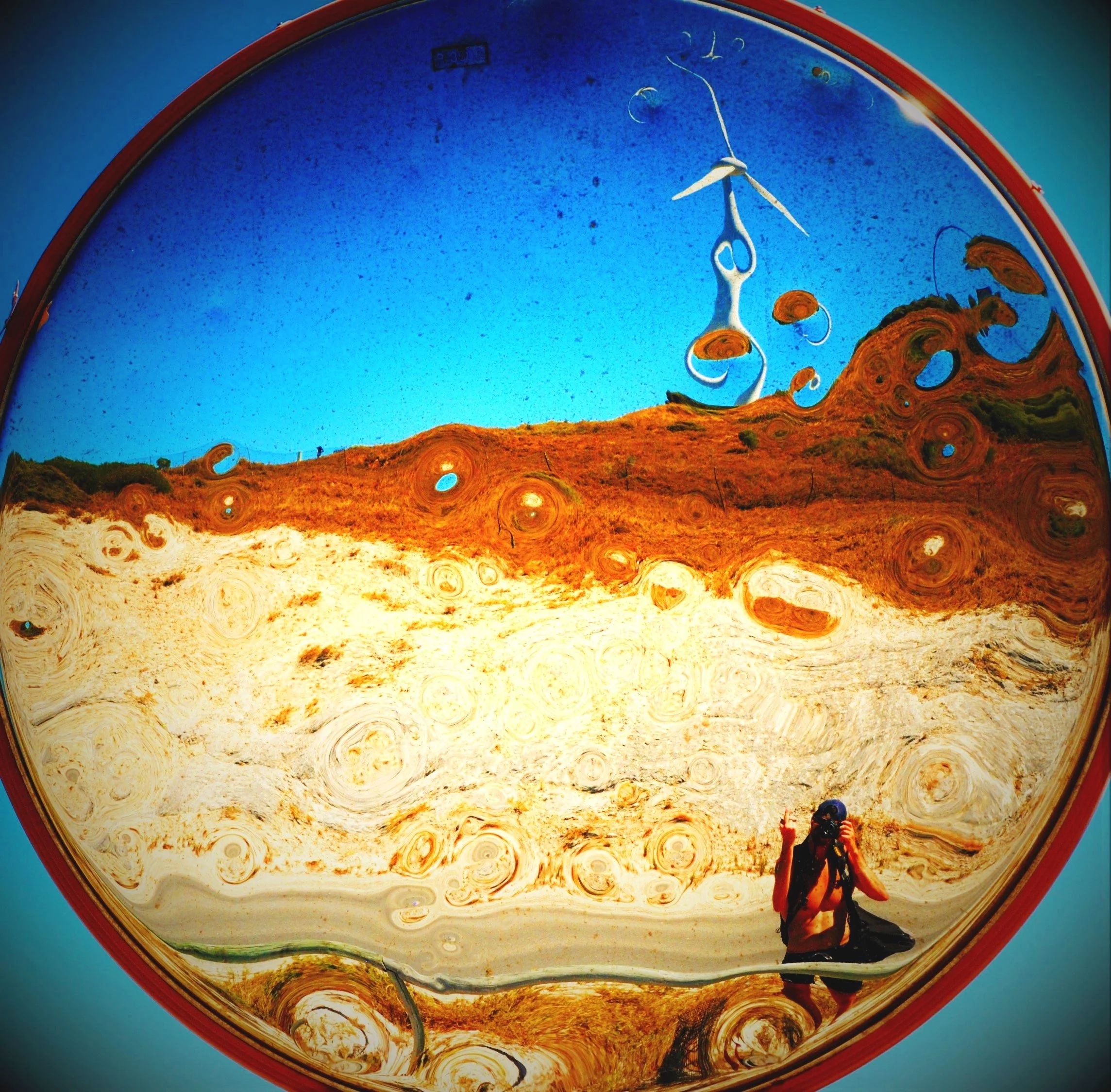The night that Ferguson
burned, I was a thousand miles away. Still, I stared at my TV as orange flames
licked up the sides of buildings and into the black Missouri sky while a
singular phrase played in my mind, “Hunger is the dynamite of the human body”. Carolina María de Jesús, a Brazilian peasant
from the favelas of Sao Paulo, wrote this phrase in reference to the hunger
pains that she used to feel as a girl living in the slums. And while I cannot
say that I have ever experienced such hunger, I certainly do not doubt
Carolina’s sentiments; her words strike a chord and I feel that I would be a
fool not to listen.
The US has had a rough
time of it lately, both on the domestic and international front. The massive
protests in the wake of un-prosecuted killings of unarmed black men, a
militarized police force, a racist judicial system, the release of the CIA
torture report, the ever-increasing infiltration of big money in our democracy,
and political gridlock over just about everything has caused a lot of anger and
resentment, once waiting just below the surface, to boil over and become
visible. People are hungry. Not for food, but for justice. The people are
hungry for change.
The normative backlash
from the traditional seats of powers, on comical display through the racism and
ignorance of the major cable news outlets, has frantically tried to deny and
re-direct this uncomfortable reality at every turn. But for the rest of us who
recognize the essential utility of social and political critique, it seems like
an eminent necessity that we better understand the anger that often accompanies
our demands for justice lest it consume us or, worse, fizzle into nothing.
Anger, like the dynamite
that is hunger, has both a creative and a destructive capacity. On the one
hand, it can turn a city into ashes overnight. On the other hand, it is the
impetus for great social change. Anger without progress is senseless; progress
without anger is tepid and feeble.
When Ferguson descended
into chaos, just like Los Angeles and Chicago and so many other American cities
have done in the past, the hegemony shuddered and condemned the destruction.
They blamed the black community, the instigators and the agitators. They blamed
the ungrateful youth and the culture of [insert scapegoat here], but made no
mention, paid almost no thought to their role in setting those fires. So many
looked on and shook their heads but could not bring themselves to cross that
emotional schism that separated their peaceful lives from the violence on TV.
The anger was a foreign, alien force, one that they could neither commiserate
with nor validate, only patronize and dismiss.
Now, I make no claim to
completely understanding other people’s anger, and so I speak here only about
the anger I have personally felt in regards to the rampant injustice in our
country. I am not marginalized or disenfranchised and I recognize that, if this
is the how I feel—this deep, soul-rattling sort of anger—I cannot imagine how
it must be for those with a more direct experience of this injustice.
Denying my anger is
futile. To do so only buries these feelings, allowing them to fester and foment
and erupt in even more vicious ways later. So I must acknowledge it, give it
space, and direct it into channels through which it can be most effective. The
key is for anger to be de-constructive, not just destructive. Breaking
something apart—be it a system, a power structure, a prejudice, or a particular
injustice—creates fertile ground in which the seeds of something better can be
planted. But to raze the world haphazardly can also function to deepen the
divide and ostracize the very people we are trying to learn to live with.
This is not meant to deny
or belittle the cathartic role that anger plays in satisfying our collective
grief and discontent. This does not mean that anger has to be nice or friendly.
But anger must be controlled and calculated for it to be truly effective.
Anger is evidence of
compassion. It indicates that our empathy is far reaching, a way of bridging
differences instead of entrenching them. Anger means we care—for others, for
causes and issues, and for a more just and equitable society.
Am I personally guilty of
rash, at times even immature expressions of my own anger? Absolutely. But anger
is a process as much as it is a moment and one that I am personally still
trying to come to terms with, especially as of late. It is a process that we as
a society and as individuals need time to explore and understand. If we truly
desire change, we should allow ourselves to be angry, furious even—no one has
the right to invalidate this expression, and no one can take this from us. It
is absolutely integral, however, that after the smoke has cleared, we have the
capacity and the energy left to build something better in its place.
